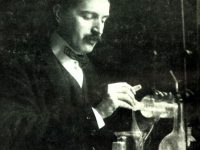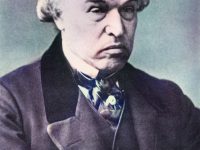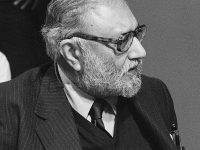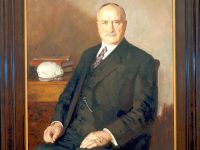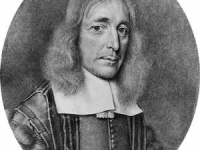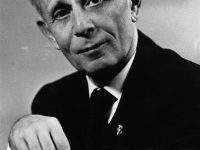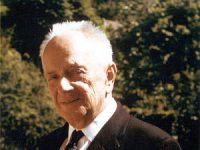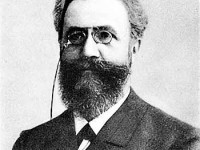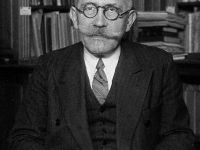Theodore William Richards and the Weight of Chemical Elements
On January 31, 1868, American chemist Theodore William Richards was born. Richards was the first American scientist to receive the Nobel Prize in Chemistry “in recognition of his accurate determinations of the atomic weight of a large number of chemical elements.” His work meticulously refined the classical gravimetric methods of analysis to better reduce the sources of error. Together with his co-workers, he was able to measure accurate values for atomic weight…
Read more

